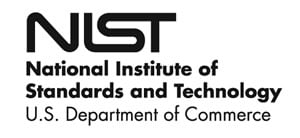RSS feed source: National Science Foundation
The U.S. National Science Foundation is investing over $74 million in six research institutes focused on the mathematical sciences and their broad applications in all fields of science, technology and many industries.
For over 40 years, NSF has funded Mathematical Sciences Research Institutes to serve as catalysts for U.S. research in mathematics and statistics and to produce mathematical innovations to rapidly address new and emerging challenges and opportunities. The institutes collectively investigate a wide range of mathematical research areas with potential impacts, including better patient outcomes in hospital emergency rooms, enhanced safety of semiautonomous vehicles, and detection of exoplanets using quantum physics. Previous research conducted at the institutes has had broad impacts, such as improved speed and accuracy of MRI imaging and the development of mathematical foundations of artificial intelligence-based technologies.
“From underpinning new encryption standards that will protect our information from quantum computers to navigating the intricate global supply chains that enable manufacturing and trade, the mathematical sciences are a driving force behind countless aspects of our national security, economy and quality of life,” says NSF Assistant Director for Mathematical and Physical Sciences David Berkowitz. “The NSF Mathematical Sciences Research Institutes will continue to empower U.S. mathematical scientists to punch into promising new areas of exploration.”
Reflecting the universal usefulness of the mathematical sciences, the institutes have partnered with and received support from a
Click this link to continue reading the article on the source website.



